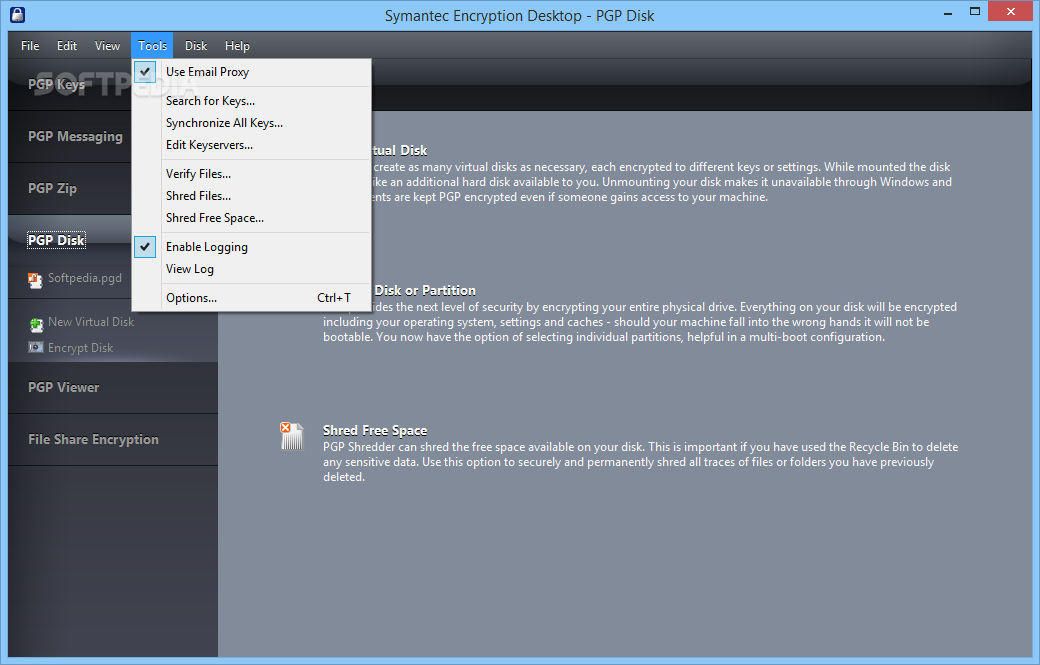

X-MS-Has-Attach: this also your scenario? If not, for now, I would be particularly interested in these headers:Ĭontent-Type: text/plain // multipart/mixed // Multipart/related // Text/HTML charset=US-ASCII // application/ms-tnef name="winmail.dat"Ĭontent-Transfer-Encoding: "BASE64" // "QUOTED-PRINTABLE" // "8BIT" // "7BIT" // "BINARY" / x-token (if you wish you can remove email address / path information)

In Outlook, open the message (double-click on it) and go to File > Info > Properties and check the Internet headers. pgp attachments) with the proper extension. I'm curious if enabling PGP Messaging will be able to decrypt the attached file (which does with the. Open the email with PGP Viewer and then Extract the file. What you are facing appears to be an issue related with the mail encapsulation. This seems a different situation of the one described by Justin-H. Similarly, you can see if you have the extensions. HKEY_LOCAL_MACHINE\SOFTWARE\Microsoft\Windows\CurrentVersion\Installer\UserData\S-1-5-18\Components\22D88BAAF9D5E0C4DB494A59921A4236 HKEY_CURRENT_USER\Software\Classes\.pgp\PGP Encrypted File\ShellNew HKEY_CLASSES_ROOT\.pgp\PGP Encrypted File\ShellNew

I found references of PGPmnApp.exe in the following registry locations (in a 圆4 machine): gpg occurrences in the registry and check if they could be affecting this behaviour. If so, this may be a quite complex subject. This is a long shot, but I have the feeling that this might be some remnants on an incorrect file association in the registry.


 0 kommentar(er)
0 kommentar(er)
